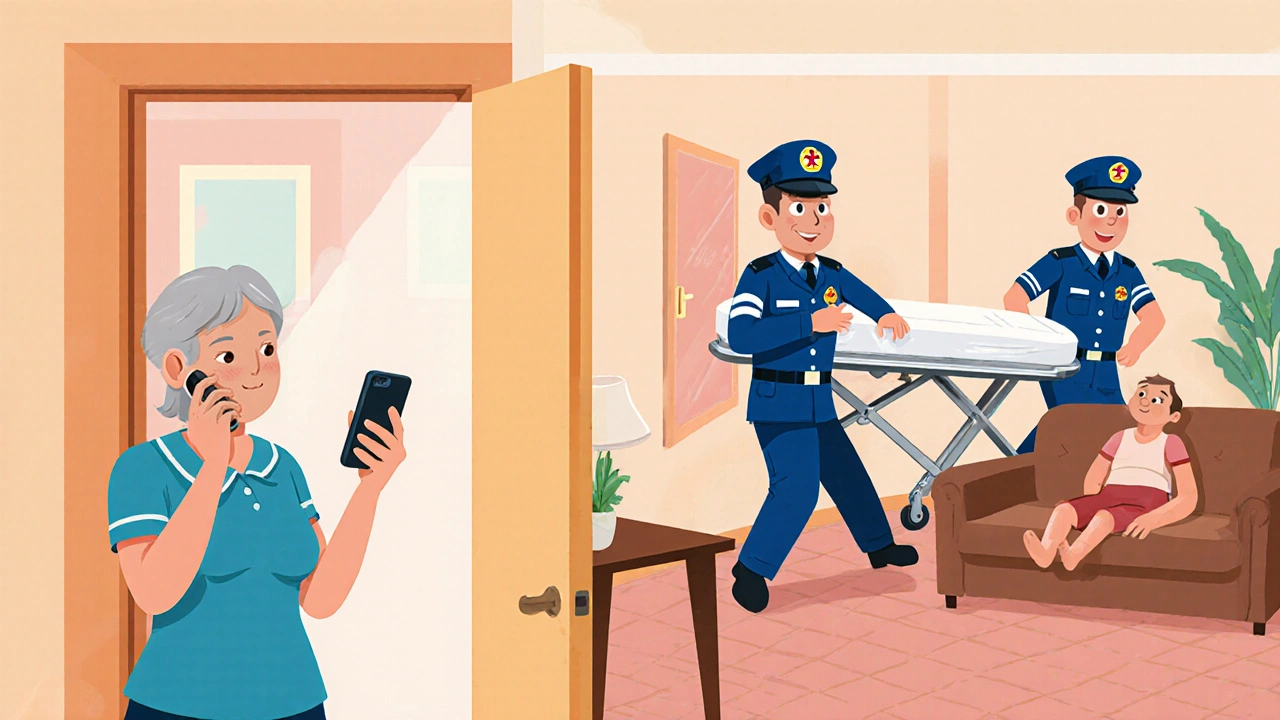Transient Ischemic Attack Support: What You Need to Know
When your brain briefly loses blood flow, it’s called a transient ischemic attack, a temporary blockage of blood to the brain that mimics stroke symptoms but doesn’t cause permanent damage. Also known as a mini-stroke, it’s not a minor event—it’s your body’s strongest warning that a full stroke could happen soon.
A transient ischemic attack doesn’t last long—usually under an hour—but the risk spikes dramatically in the days after. About 1 in 5 people who have a TIA will have a full stroke within 90 days, and half of those happen in the first 48 hours. That’s why TIA support isn’t just about understanding symptoms—it’s about acting fast, knowing your triggers, and working with your doctor to stop the next one before it starts. Common signs include sudden numbness on one side of your face or arm, slurred speech, trouble seeing in one eye, or dizziness without a clear cause. These aren’t normal aging issues—they’re red flags.
What comes after a TIA matters more than the attack itself. Doctors look for underlying causes: high blood pressure, atrial fibrillation, clogged arteries, or even blood clotting disorders. Many people don’t realize they have high cholesterol or early-stage diabetes until a TIA forces them to get tested. That’s why support includes more than rest—it means checking your meds, adjusting your diet, and starting a daily walk if you haven’t already. Medications like aspirin or blood thinners are often started right away, and lifestyle changes aren’t optional—they’re your next best defense.
You’ll find posts here that cover what to do after a TIA, how to spot early warning signs before it’s too late, and how drugs like blood pressure meds or cholesterol-lowering pills actually help prevent the next event. You’ll also see comparisons between treatments, real tips on managing risk factors like diabetes and smoking, and how to talk to your doctor about the right next steps. This isn’t theory—it’s what people who’ve been through it actually need to know.
A practical guide for caregivers on how to support a loved one after a transient ischemic attack, covering emergency steps, medication, home safety, lifestyle changes, and long-term resources.

